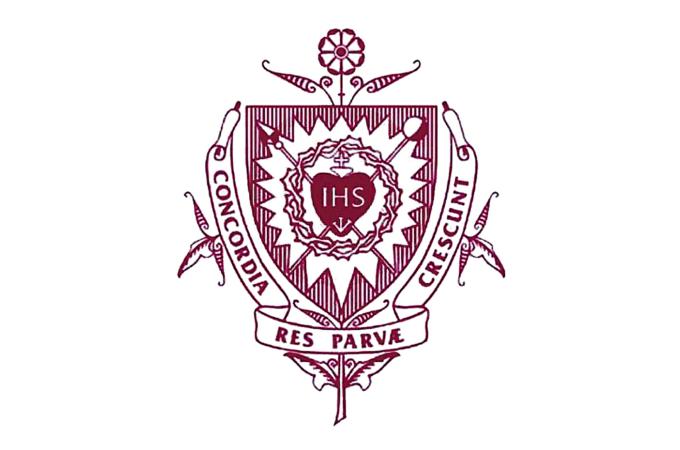Religious Brothers: Gifts received, shared, given
Our Church has had opportunities for consecrated life for non-ordained, "lay" men since its early centuries, starting in the desert areas of Egypt and the Middle East. Over time, many of the men's religious orders that developed from groups of laymen included both ordained and non-ordained memberships. Often, the lay members did the majority of the manual labor required for their monasteries and ministries, while the "choir monks" focused more on chapel services and more intellectual activities. By the late Middle Ages, some congregations were founded to be exclusively or almost exclusively lay, specializing in education like the Brothers of the Christian Schools or in health care like the Brothers of St. John of God.
By the 19th century, the expansion of the Church (and of business and colonization) to the New World that began in the late 1600s caused religious orders to seek ways in which to be of service to people beyond their original dreams in Europe. Theodore James Ryken, a Dutchman who had been a volunteer catechist among the Native Americans in the 1830s, had an experience in which he turned to God, fell in love with God, and put himself at God's service. Immigration was bringing thousands of families to America. Ryken had seen immigrant children in the bustling cities whose spiritual, personal and educational needs were largely ignored. In Belgium in 1839, he founded the Brothers of St. Francis Xavier (the Xaverian Brothers) for the specific purpose of being sent as missionaries to care for the needs of boys and young men in the United States.
The extraordinary growth of the American Catholic Church during the century between the Civil War and the election of the first Catholic president was largely due to the efforts of religious women, religious men and clergy who staffed the parishes, the schools, the hospitals, the nursing homes and orphanages that supplemented the care of the families of America.
The success of the Church's ministries through the 20th century until today may be measured by the presence around us of well-educated and compassionate Catholics who are neither vowed nor ordained, but who give glory to God by their care for their fellow men and women. The number of vowed and consecrated Christians has decreased, but the value of their lives remains the same, as they give evidence of the invitation to ordinary men and women to live for God and God alone. They do this by relating as brothers and sisters to all those whom God sends into their lives. Religious Brothers like to consider their vocation as similar to that of St. Joseph. They choose to do anything that is needed in service to others, without fanfare or entitlement, as God forms them in the "common, ordinary, unspectacular flow of everyday life." ("Fundamental Principles," Constitutions of the Xaverian Brothers).
BROTHER ROBERT GREEN IS DIRECTOR, XAVERIAN HOUSE IN DANVERS.



















